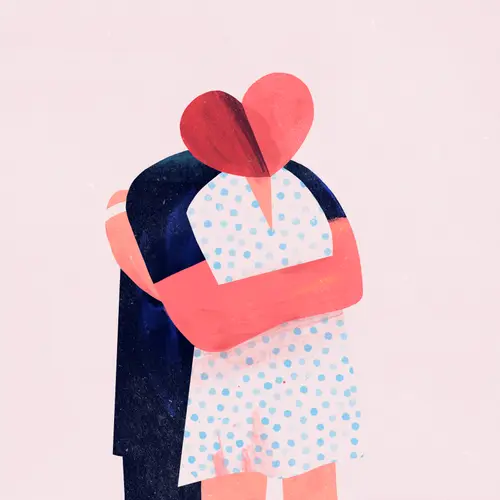Many people with Alzheimer’s disease collect or hide things. To collect a large number of things that seem of little or no value is called hoarding. Someone who hoards may also hide things, such as food in drawers with clothes.
If you try to get rid of their things, they may get upset. Hoarding can make the home messy and even unsafe by making fires or falls more likely.
Causes of Hoarding or Hiding
Your loved one might hoard or hide things for many reasons:
- It makes them feel more secure.
- It’s a way to deal with losing memories and not being able to do things they used to do.
- They think that someone is trying to steal their things.
- They’re worried about not having enough food for later.
- They’re bored.
- They forget where they put things.
- Collecting or saving things could be a lifelong habit that has gotten worse with Alzheimer’s disease.
It’s important to try to understand why your loved one hides or hoards things. If they get upset when you try to remove clutter, it may be best to try to accept the behavior.
When to Take Action
If hoarding or hiding makes the home unsafe for them or for others, you need to solve the problem. Take action if:
- Bathrooms or beds are so cluttered that your loved one can’t use them.
- Clutter makes it hard to move around the home or makes the person likely to fall.
- Paper or other clutter is too close to hot things like radiators, stoves, or electrical appliances.
- The clutter contains sharp objects like knives, forks, or glass.
- They keep or hide rotting food or garbage in the home.
- They have more pets than they can manage.
First, tackle the things that are most dangerous. Get rid of anything that can catch fire and is close to a heat source like a radiator, stove, or electrical appliance. Next, move clutter that makes it hard to get around, especially if it’s blocking walkways and stairs. Then remove sharp objects. Throw out rotten food or garbage, and make sure your loved one can get snacks when they’re hungry. Check that the home has working smoke and carbon monoxide detectors. Get clutter you’re throwing out away from the home as soon as possible, because your loved one might try to bring it back.
Keep in mind that people who hoard things may have emotional outbursts when you try to throw the things out. If your loved one gets upset about these changes, try to take things away when they aren’t around. They might need to see a mental health professional who works with older adults.
If you think your loved one will let you, try to reorganize the clutter into bins. See if they can decide which things to get rid of. Only take away as much as they’ll let you. Don’t rush them. They may be OK with letting some things go if you give them a reason, like donating to charity or giving an item to a family member. You might ask them to cut down how many of each thing they save. For example, ask them to keep one newspaper at a time instead of a month’s worth of newspapers. Help them organize their things, and put labels on drawers and cabinets so they can find them.
If your loved one hides or loses things, try to find out where they put them most often. Lock closets and cabinets so they have fewer hiding places. Check the wastebasket before emptying it. Keep things like cash, jewelry, and important papers safe in a secure or locked place. It’s also a good idea to have two sets of things like glasses, keys, hearing aids, phones, and remotes.


